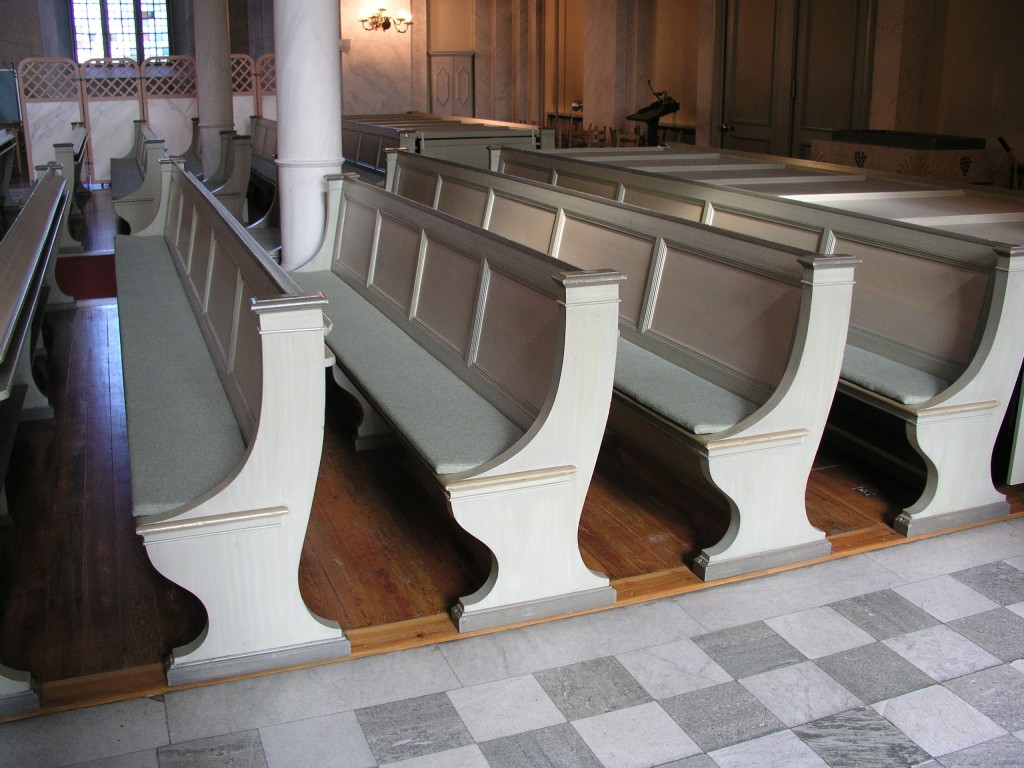I’m over at First Things today, talking about why people may want to drop barriers to Communion out of fear of excluding the people who most need strength and support, and offering suggestions for other ways to see, know, and love our pewmates:
Communion is often the sign of acceptance that people seek—not just because it’s at the heart of the faith, but because it may be the only form of love that people know how to ask for or see offered at their parish.
In many parishes, it’s easy to attend church anonymously, without speaking to anyone else except for a quick “Have a nice day, Father” and without any contact with fellow parishioners beyond a quick handshake at the sign of peace. A “Hi” from a greeter at the door can be nice, but it doesn’t really give people a sense of being known in the “Jesus looked at him and loved him” sense. Communion is asked to do all the work of inclusion.
[…]
Churches can include more “Winter Christian” themes in homilies and hymns. Winter Christians are both intensely engaged with their faith, but also intensely stymied by spiritual dryness, doubts, a persistent sin, or some other difficulty. (They’re unlike “Summer Christians” who are joyfully drawn to the faith, and completely unlike people who like or dislike the church, but don’t yearn for it). The psalms of lament sound familiar to them, but “his yoke is easy, and his burden is light” is a little closer to how cartoonist Allie Brosh describes attempts to jolly people out of depression: “Are you taunting me? Is this some weird game where you name all the things I can’t do?”
A hymn like “Conflict” from the Shenandoah Harmony collection of shape note songs is much closer to their experience. (“It’s seldom I can ever see / Myself as I would wish to be / What I desire I can’t attain / From what I hate, I can’t refrain.”). It may not be the end of the Gospel story, but it’s part of most people’s experience of it over their lives. Leaving it out is like having Easter without Lent.













